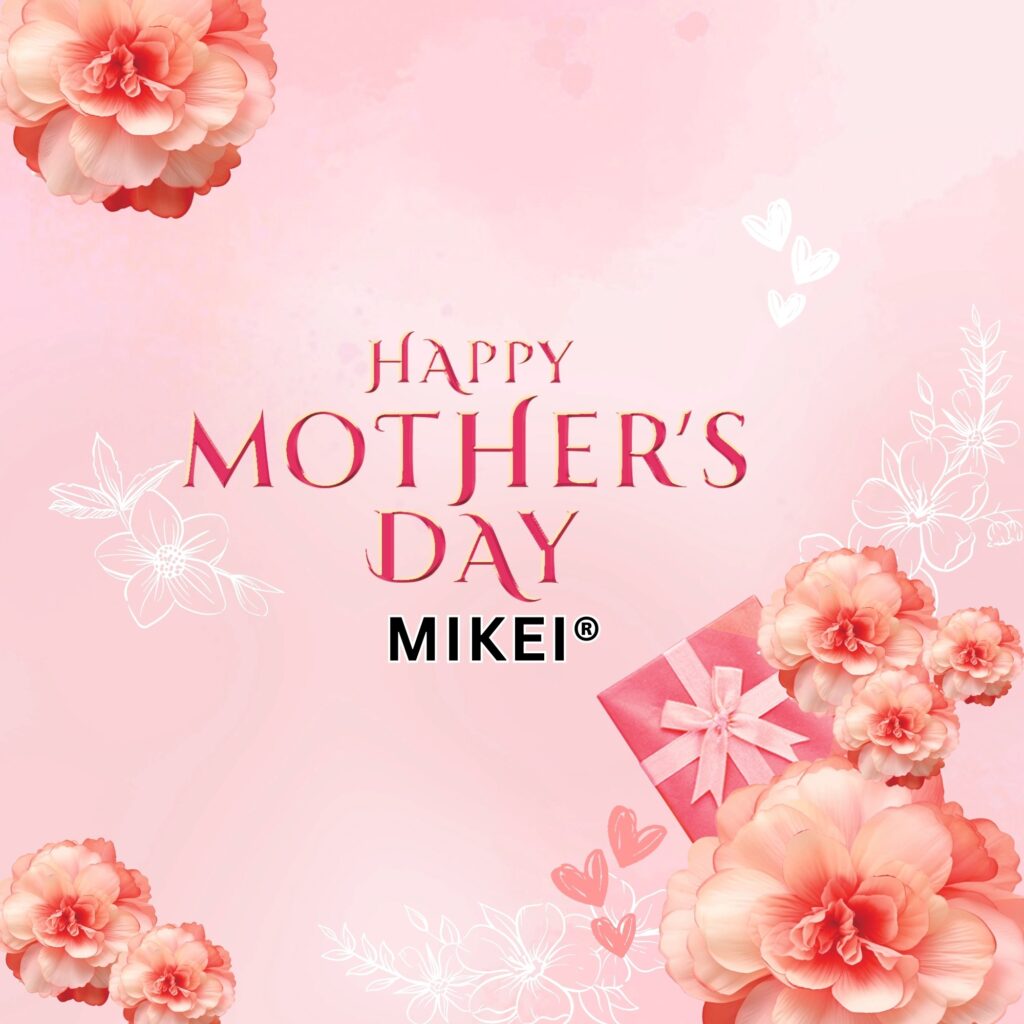Are you watching the Olympics? I certainly am! My favourite winter sport is figure skating, and I remember vividly the Vancouver 2010 Olympics when I watched Joannie Rochette skate emotionally and beautifully in honour and remembrance of her mother who had just died of a heart attack.
February is Heart and Stroke Awareness month, and, as you know, your heart is kind of a big deal, so now is a great time to begin a new, heart-healthy lifestyle. Even if you don’t currently have any heart issues, heart health is important for everyone. In Traditional Chinese Medicine (TCM), we call the heart the “king organ.” To help protect your ticker, here are some heart health tips for February and beyond.
Is heart disease genetic?
Heart disease can run in the family. But there is no need to panic (or throw in the towel) if it runs in your family. Cardiac illness is largely preventable, regardless of family history. The key to a healthy heart is managing the risk factors. Curbing your stress, exercising regularly, quitting smoking, cutting back on alcohol, and eating a healthy diet are just some of the many things you can do to nip hereditary hazards in the bud.
Butt out
Smoking is not only a serious risk for heart disease, but also causes a host of major health issues, including stroke and numerous cancers. Even “light” or “mild” cigarettes or occasional smoking can significantly up your risk factors for heart disease. Yes, quitting can be very difficult, but in addition to medications, nicotine gum or skin patches, and pure willpower, there are several healthy alternative techniques to help people kick the habit, including hypnosis, acupuncture, and meditation.
Say goodbye to stress
Stress can increase your risk of heart disease. Chronic high levels of cortisol and adrenaline that result from ongoing stress can constrict your arteries and increase blood pressure, potentially leading to angina (chest pain) or even a heart attack. Practicing some de-stressing activities, such as yoga, meditation, or visualization techniques will help you better cope with stress. Plus, though this may be surprising to you, acupuncture can release feel-good hormones like endorphins, also retraining the body to find a more relaxed setpoint.
Drop those extra pounds
Being overweight can increase your chances of cardiovascular disease in a variety of ways. Those extra pounds can lead to high blood pressure and diabetes. What’s more, overweight people normally have lower levels of HDL or “good” cholesterol, which is widely accepted as a major risk factor. Cutting back on processed foods and sugar, eating more low glycemic vegetables, and exercising for at least 30 minutes three times a week will help lose weight, as well as have a positive impact on your heart.
Take Japanese red reishi
What’s red like a heart, shaped somewhat like a heart, and is good for the heart? Japanese red reishi mushroom! Because of its wide range of medicinal effects, it is known as the “king of herbs” by many practitioners of Chinese medicine.
This miraculous mushroom has been proven to improve blood flow to the heart, lower blood pressure, and reduce cholesterol. It has cardioprotective and antioxidant activity, reducing the damage done to the cells of the blood vessel lining.
Furthermore, if you’re struggling with chronic stress that’s likely to negatively impact your heart, reishi may be for you. Japanese red reishi mushrooms are well-known as excellent adapatogens—by definition, helping the body adapt to stressors.
Take steps today toward protecting your heart
Did you know that every seven minutes, heart disease takes the life of another Canadian?
You don’t want to be another tragic statistic. Make those healthy changes today and celebrate your strong, healthy heart.





